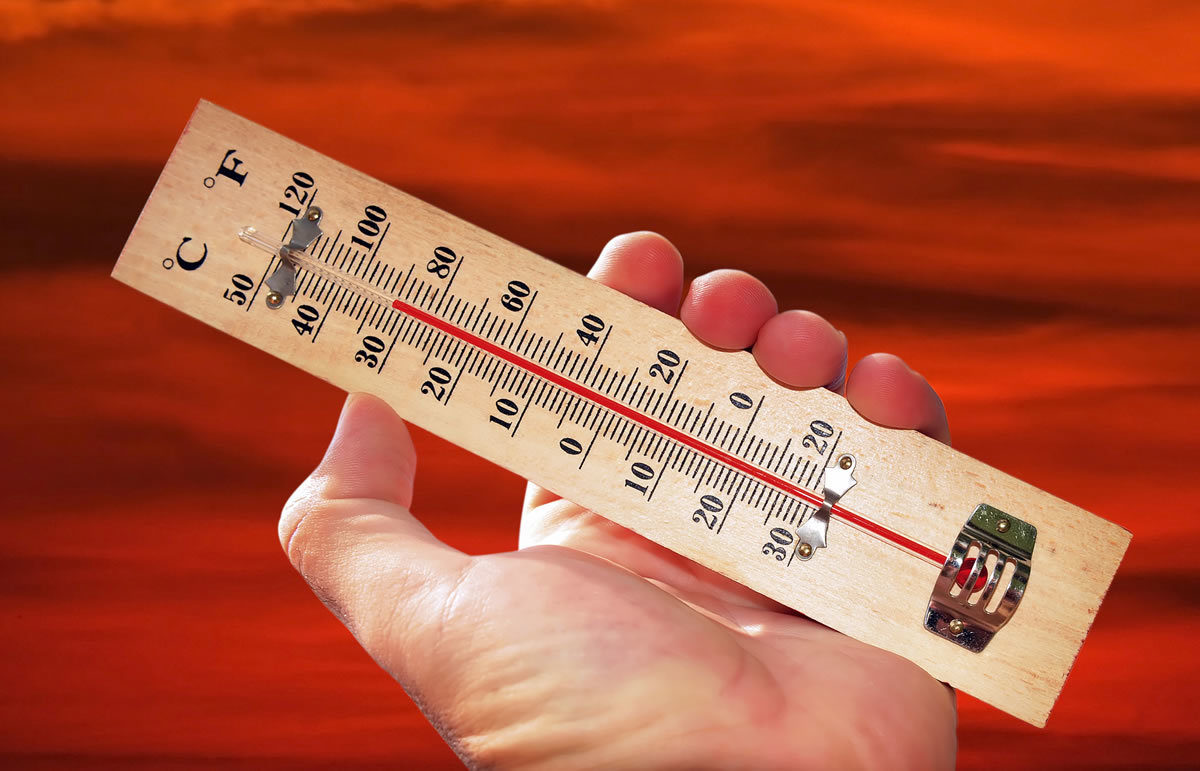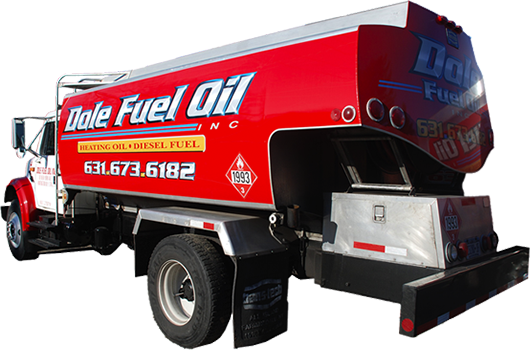Exposure to extreme heat and sun during a Long Island summer can lead to heat illnesses and emergencies. Heat injuries such as heat exhaustion and heat stroke occur during periods of high temperatures and high humidity. When your body becomes hot, it produces sweat. As the sweat evaporates, it cools the body. On Long Island, when the humidity is high, the moisture in the air prevents your body’s sweat from evaporating. In these instances, your body’s ability to cool itself becomes compromised. This can cause your body temperature to increase, making you ill.
What is Heat Exhaustion?
Heat exhaustion happens when your body becomes too hot. As you lose water and salt from your body, you may experience the following symptoms:
- Dizziness
- Tiredness
- Headaches
- Muscle cramps
- Nausea
- Decreased blood pressure
- Increased thirst
- Increased pulse
- Pale, clammy skin
If left untreated, heat exhaustion can lead to heat stroke. If you experience any of the above symptoms, immediately take these precautions:
- Lie down and loosen your clothing
- Move to a cool location, preferably indoors
- Apply cool, wet compresses to your body
- Sip water
Do NOT drink caffeinated or alcoholic beverages. These will further dehydrate you. If you do not feel better after 30 minutes, you should contact your doctor. *If you have vomited and are unable to stop, seek medical attention immediately.
What is Heat Stroke?
Heat stroke occurs when your body’s internal temperature reaches 104˚F. Also known as sunstroke, this is the most serious heat-related injury and is considered a medical emergency. Heat stroke can lead to brain damage, organ failure and death if not treated. Prolonged exposure to extreme heat, coupled with dehydration, lead to a failure of the body’s temperature control system. Although heat stroke typically affects people over the age of 50, anyone is susceptible to this dangerous illness.
Symptoms of heat stroke include:
- Light-headedness and dizziness
- Red, hot and dry skin
- Rapid, shallow breathing
- Nausea or vomiting
- Throbbing headache
- Lack of sweating
- Confusion, disorientation or staggering
- Seizures
- Loss of consciousness
If you suspect that you or someone near you is suffering from heat stroke, immediately call 911 or transport them to the nearest hospital. While you are waiting for medical help, initiate the following first aid interventions:
- Move the person to an air-conditioned environment
- If possible, apply ice packs to the person’s neck, back, armpits and groin area
- Wet the skin down with water
Risk Factors for Heat-Related Illnesses
While anyone can experience heat exhaustion or heat stroke, certain people are at a higher risk. Those groups include:
- The elderly
- People suffering from chronic disease
- Anyone who drinks excessive amounts of alcohol
- Athletes or those involved in strenuous outdoor activity
- Babies and young children
The risk of heat-related illnesses rises dramatically when the heat index climbs above 90 degrees. A humidity level above 60% also increases the risk of these types of illnesses. Exposure to full sunlight increases the heat index by 15 degrees, so try to find shade when outside on extremely hot days.
Precautions You Can Take to Beat the Heat
When the temperature and humidity are high, it is best to stay in an air-conditioned environment. If you must venture outside, take the following steps:
- Use a sunscreen with an SPF of 30 or higher
- Stay hydrated. Make sure you have water or electrolyte-infused sports drink with you
- Take regular breaks from the sun. Sit under a tree or in a shaded spot to cool down
- Wear light-colored, loose-fitting clothing
- Avoid caffeine and alcohol
Staying Cool During a Heat Wave
It is imperative that your air conditioner functions optimally during the scorching summer months. If you are experiencing problems with your air conditioning unit, call Dole Fuel Oil to schedule a service call. While you wait for the technician to arrive,
- Draw your curtains, blinds and shades to keep the sunlight and heat out of your home
- Take a cool shower or bath
- Drink lots of water
- Wear cool clothing
- Turn off unnecessary electrical equipment and lights and avoid using the oven
The staff at Dole Fuel Oil is here to help with all of your air conditioning needs. Contact us today at (631) 673-6182.


